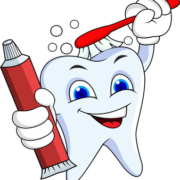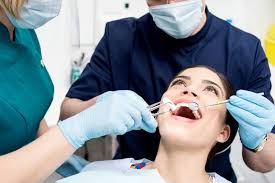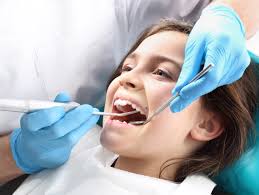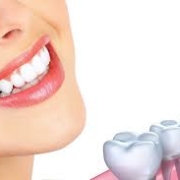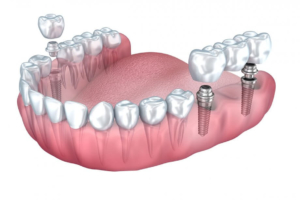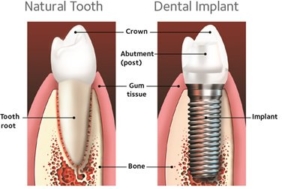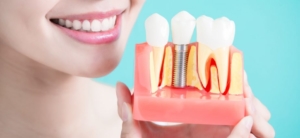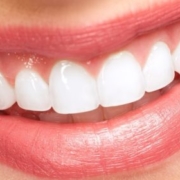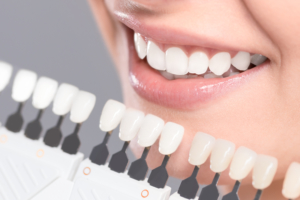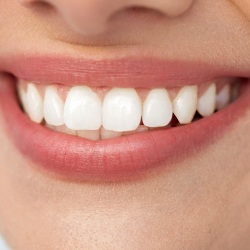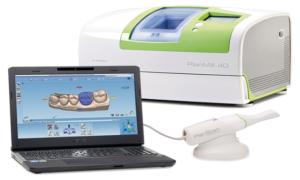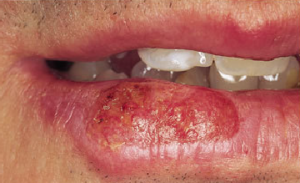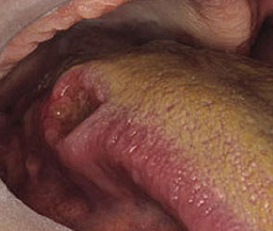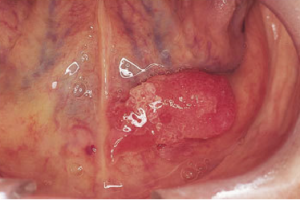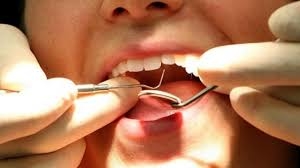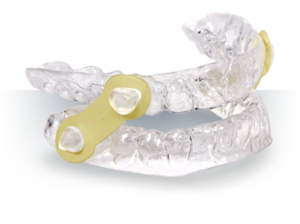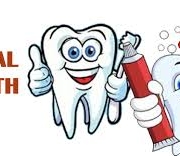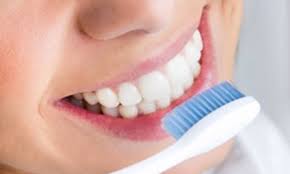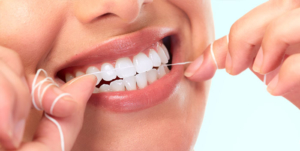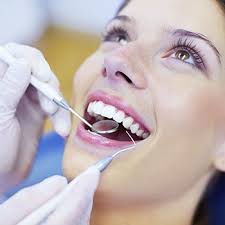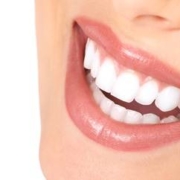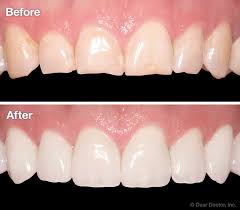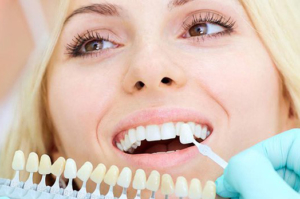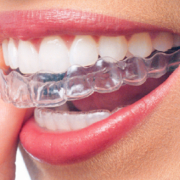Importance of Going to the Dentist
As we start the new year, most of us are happy and relieved to move on from 2020. As we look forward, Dr. Galaif wants to remind you about the importance of coming into the office for your ongoing, regular appointments. Dentists not only help solve problems and fix issues that come up, we also
can help prevent them. According to the Dentist when it comes to your oral health, it is important to be proactive and see your dentist regularly, so we can hopefully catch issues early before they become major problems. We recommend everyone have a regular dental visit at least twice a year.
And it’s not just about your oral health. You may not realize that problems in your mouth can affect the rest of your body, and your overall well-being. You can help protect yourself and your body by learning more about that connection.
There are some serious health problems that can result from poor oral care. If you don’t take proper care of your teeth, you could face far more serious consequences than a simple toothache, or unsightly stains. Because the mouth is a primary entryway into the body, poor oral health can have negative consequences for the entire body. It is important to practice good oral hygiene, and to see Dr. Galaif regularly in order to avoid serious risk to the body’s overall health. Hence, many parents get a myobrace treatment done to their kids, in a very early age, so that it does not lead to further problems in the adulthood.
If you are considering skipping a dental checkup because of cost or another factor like time or dental anxiety, you should consider the potential risks. In the long term, what you might end up paying for not visiting your dentist could likely be much higher, both for your wallet, your health, and your peace of mind. Additionally, regular dental checkups offer numerous benefits that contribute to overall well-being. Here are some of the most important reasons to see your dentist regularly:
1. Oral Cancer Detection
Oral cancer is an extremely serious disease that manifests itself in various ways. Without knowing signs of its early onset, oral cancer is often not diagnosed and can quickly progress and become life threatening. Thankfully, early stage oral cancer diagnosis is often easily treatable.
2. Plaque, Tartar, and Cavities
Even with the most diligent daily brushers and flossers, there are still small areas in the mouth that are missed by a regular brushing and flossing. When plaque builds up it becomes more difficult to remove, solidifying and turning into tartar, which is extremely difficult to get rid of without professional help.
3. Gum Disease
Plaque and tartar buildup not only cause tooth decay but can also erode the mouth’s gum tissues. Tartar buildup can cause an infection where the gum is connected to the tooth, making the gum pull away. This infection is known as gingivitis and as it progresses the tissue that attaches gums to the teeth breaks down. Once it reaches this point it is officially gum disease, and there will likely be swelling, bleeding, and soreness in the mouth. Along with the breakdown of gum tissue, gum disease also causes a breakdown of the bone that holds teeth in place. At this point it is common to see teeth loosening or falling out altogether, and drastic treatment methods will have to be taken by your dentist.
4. Keeping Bad Habits in Check
There are many bad habits that can have a negative impact on your oral health, some of which you may not even realize are causing issues. Some of these habits include chewing ice, biting your nails, clenching your jaw, grinding your teeth, eating particularly sticky or hard sweets, brushing your teeth too hard, drinking coffee and red wine, and of course smoking. At your regular dental checkup, Dr. Galaif and our team can check for any oral damage caused by these or other habits which you may otherwise not have noticed. Being informed about specific destructive habits allows you to change or alter your lifestyle choice, so you can prevent further damage.
5. Find Problems Under the Surface With X-Rays
A crucial part of visiting your dentist every six months is getting X-rays of your teeth and jaw bone. X-ray images allow Dr. Galaif to see what is happening beneath the surfaces of your mouth, and we often find and diagnose issues that may be invisible to the naked eye. We offer Digital X-rays at our practice, which are faster and environmentally friendly, with less radiation.
6. Head, Neck, and Lymph Node Checks
In addition to checking your mouth, gums, and tongue for signs or oral cancer, your dentist will also check your neck, jaw, and lymph nodes, located just below your jawline, for any swelling, lumps, or other abnormalities. If an abnormality is found it could be a sign of a major health issue, and your dentist will alert you and immediately refer you an appropriate medical professional.
Dentists and dental professionals are not only concerned with fixing teeth. We professionally clean your teeth, aim to ensure your teeth and gums are healthy, and check for abnormalities that may otherwise go unnoticed and could be a sign of larger health issues. 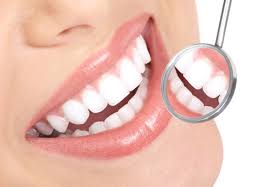 Dental professionals make sure that your bones are strong, and can help you correct habits that may be sabotaging your oral health, among other things. Skipping dental appointments may not seem like a big deal, but oral issues can develop and progress extremely quickly whether or not you notice it.
Dental professionals make sure that your bones are strong, and can help you correct habits that may be sabotaging your oral health, among other things. Skipping dental appointments may not seem like a big deal, but oral issues can develop and progress extremely quickly whether or not you notice it.
And don’t forget the importance of regular dental visits for your children…
Forming good habits at a young age can help your child have healthy teeth for life. Early checkups help prevent cavities and tooth decay, which can lead to pain, trouble concentrating and other medical issues.
Youngsters with healthy teeth chew food easily, learn to speak clearly and smile with confidence.
The sooner children begin getting regular dental checkups, the healthier their mouths and bodies will be throughout rest of their lives.
If you are concerned about going out during the continuing pandemic, please be assured that dental offices have actually been found to be among the safest places to visit. Here is an article which summarizes the findings of analysts at MIT who reviewed data from 26 categories of businesses and determined which are most essential and safest. Going to the dentist is in the Top 3 places you can go right now:
Our community has been through a lot over the past year, and while many things have changed, one thing has remained the same – our commitment to your safety. Infection control has always been a top priority at our practice, as you have probably noticed during your visits. Our cleaning processes are designed and implemented so that when you receive care it’s both safe and comfortable for you.
To make an appointment, please call our office at (818) 789-6789 or visit the appointment page on our Web site:

